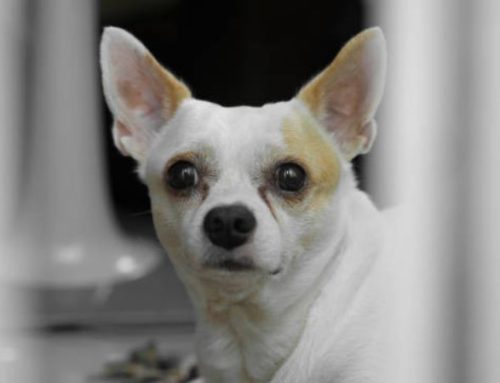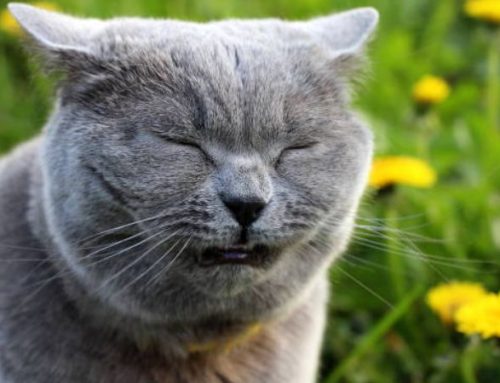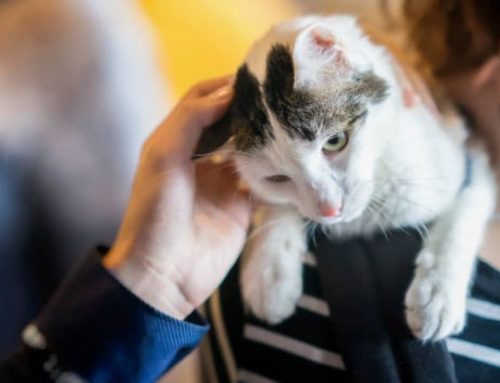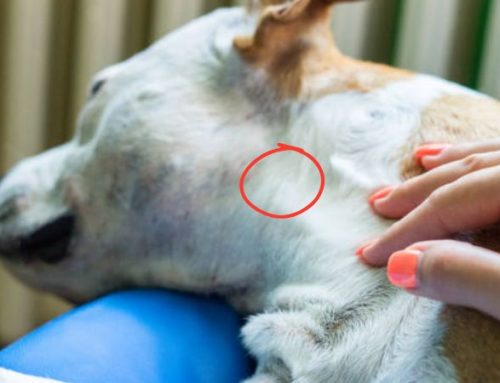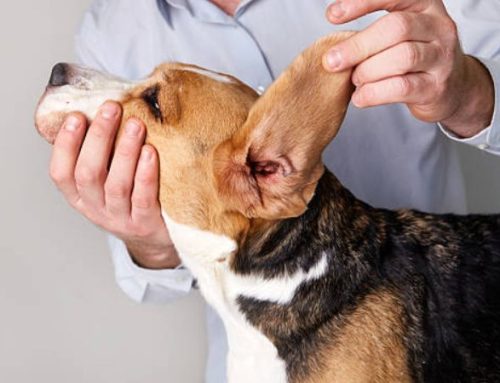Savannah cats are unlike any other breed elegant, energetic, and undeniably exotic. Their striking spotted coats, long legs, and wide-set ears make them a standout companion, but owning one comes with unique considerations.
Before bringing a Savannah into your home, it’s important to understand their cost, safety factors, and what daily life with this high-energy, intelligent breed entails. In this guide, we’ll provide everything you need to know to make an informed decision.
Savannah Cat Price Range: The Initial Purchase
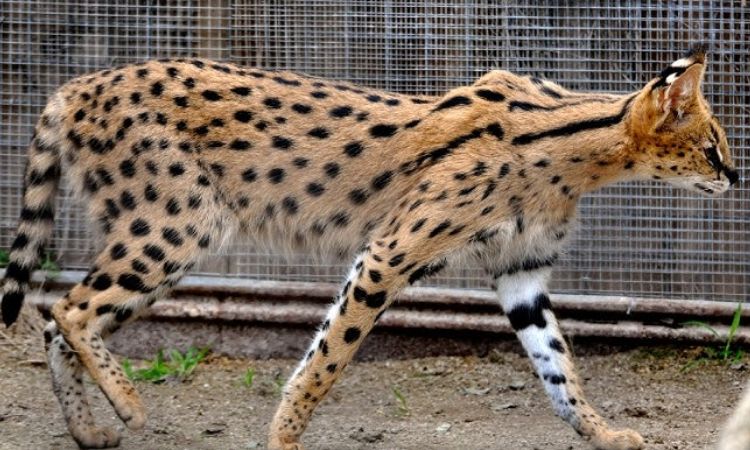
1. Average Cost Breakdown by Generation (F1–F7+)
Savannah cats are classified by filial generation, which measures how many generations removed they are from their African Serval ancestor. This classification directly impacts the price:
- F1 (First Generation): $10,000 – $25,000+
The F1 Savannah is the closest to a wild Serval, often 50% wild. These cats are extremely rare and difficult to breed due to gestation differences and chromosome incompatibilities, making them the most expensive. They are usually larger, have more pronounced wild traits, and are highly sought-after by collectors and enthusiasts. - F2 (Second Generation): $4,000 – $12,000
F2 Savannahs are slightly further removed from the serval lineage but still retain a significant portion of wild traits. They are smaller than F1s but still exhibit tall, lean bodies, long legs, and the signature spotted coat. Their breeding remains challenging, keeping prices relatively high. - F3 (Third Generation): $2,000 – $5,000
F3 Savannahs have a more domestic temperament and are easier to breed than F1 and F2 cats. Prices decrease compared to earlier generations, though they still carry exotic markings, tall stature, and playful, intelligent personalities. - F4 and Later Generations (F5, F6, F7+): $1,500 – $3,500
Later generations are primarily domestic in behavior while retaining the exotic Savannah appearance. They are more accessible to general pet owners and cost significantly less, though high-quality breeders may still price them higher depending on lineage and markings.
2. Factors That Influence the Price
Several elements determine how much a Savannah cat will cost, beyond just generation:
- Generation (Filial Rating):
The closer a cat is to the Serval ancestor (F1, F2), the higher the price. First- and second-generation Savannahs are rare due to breeding difficulties, which drives their premium cost. - Quality/Purpose:
- Pet-quality: Cats intended solely as companions are typically less expensive than breeder-quality cats.
- Breeder-quality: Savannahs that meet breeding standards, including exceptional health, coat markings, and size, often command much higher prices.
- Breeder Reputation and Location:
Established, experienced breeders who perform rigorous health testing, vaccinations, and provide proper care charge more. Geography also plays a role—cats from areas with higher demand or stricter regulations may cost more. - Coat Color and Markings:
Rare or highly desired traits, such as silver spotted tabby or black smoke patterns, can increase the price. Distinctive “tear-streak” facial markings, well-defined spots, or large ocelli on ears are also considered premium features. - Age:
Kittens are usually more expensive than adult or retired Savannahs, as they allow buyers to raise and socialize the cat from a young age.
3. Finding a Savannah Cat for Less
While buying from a reputable breeder is the most common way to get a Savannah, there are alternatives:
- Adoption/Rescue: Occasionally, Savannah cats may be available through rescue organizations or shelters.
- Cost: Adoption typically costs a fraction of the breeder price, generally $150–$500, covering basic care, vaccinations, and spay/neuter fees.
- Availability: Savannahs are rare in shelters, especially early generations (F1–F2), so finding one may require patience or networking with breeders and rescue networks.
The initial purchase price of a Savannah cat ranges widely depending on generation, lineage, breeder reputation, coat pattern, and age. F1 and F2 generations are premium, highly sought-after cats, while later generations provide a more affordable entry into owning this exotic, dog-like breed. Adoption or rescue is a rare but cost-effective alternative for potential owners.
Essential Upfront and Ongoing Ownership Costs
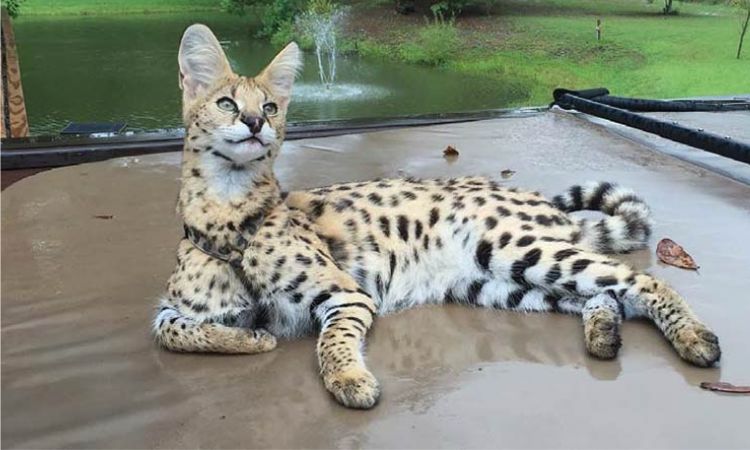
1. Initial Setup Costs (Beyond Purchase Price)
Bringing a Savannah Cat home involves more than the purchase price. You will need to budget for health care, registration, and essential supplies tailored to their size and activity level.
- Spay/Neuter
- Cost: $200–$500
- Most pet-quality Savannah Cats should be spayed or neutered unless they are intended for breeding. This procedure is essential for long-term health and behavior management.
- Initial Vaccinations and Veterinary Exam
- Cost: $65–$200+
- A thorough veterinary check-up ensures your Savannah is healthy, up-to-date on vaccinations, and free from parasites or congenital conditions.
- Microchipping and Registration
- Cost: $40–$50
- Microchipping provides permanent identification, increasing the likelihood of a safe return if your cat gets lost.
- Essential Supplies
- Carrier: $50–$60 — Required for safe transport.
- Litter Box: $20–$160 — Larger boxes are necessary due to their size.
- High-Quality Food & Dishes: $30–$100/month — Savannahs need high-protein, nutrient-dense food to support their energy and Serval ancestry.
- Tall Cat Tree/Climbing Structures: $75–$150 — Large, sturdy structures support climbing, jumping, and exercise.
- Durable Toys: $15–$70 — Toys for physical and mental stimulation are critical for this active breed.
- Leash/Harness: $15–$40 — Optional but useful for controlled outdoor exploration.
Estimated total initial setup cost: $950–$2,000
2. Monthly and Annual Maintenance Expenses
Savannah Cats require ongoing care that ensures their health, comfort, and enrichment. Monthly and annual expenses can vary depending on diet, health needs, and lifestyle.
- Premium, High-Protein Diet
- Cost: $30–$100/month
- Due to their size, activity level, and Serval ancestry, Savannah Cats require nutrient-rich diets. Specialized formulas may be necessary for sensitive digestion or health conditions.
- Routine Veterinary Care
- Cost: $50–$250/month (averaged annually)
- Wellness checks, annual vaccinations, dental cleanings, and preventive care are crucial for maintaining long-term health.
- Flea, Tick, and Parasite Prevention
- Cost: $30–$100/month (depending on product and frequency)
- Regular medication or preventative treatments are essential to avoid infestations and related health issues.
- Pet Insurance
- Cost: $16–$80/month
- Strongly recommended for Savannah Cats due to their exotic lineage and potential for higher medical costs. Insurance helps offset unexpected vet bills for accidents or chronic conditions.
- Litter and Grooming Supplies
- Cost: $20–$50/month
- Includes litter, liners, deodorizing sprays, and occasional grooming tools. While Savannah Cats are low-shedding and groom themselves efficiently, nail care and brushing remain necessary.
The initial setup costs for a Savannah Cat typically range from $950–$2,000, covering essential health care and supplies. Monthly and annual expenses range from $85–$600, depending on diet, preventive care, insurance, and enrichment items. Planning for both upfront and ongoing costs is crucial to provide a safe, healthy, and stimulating environment for your exotic companion.
Safety and Legal Considerations Before Buying
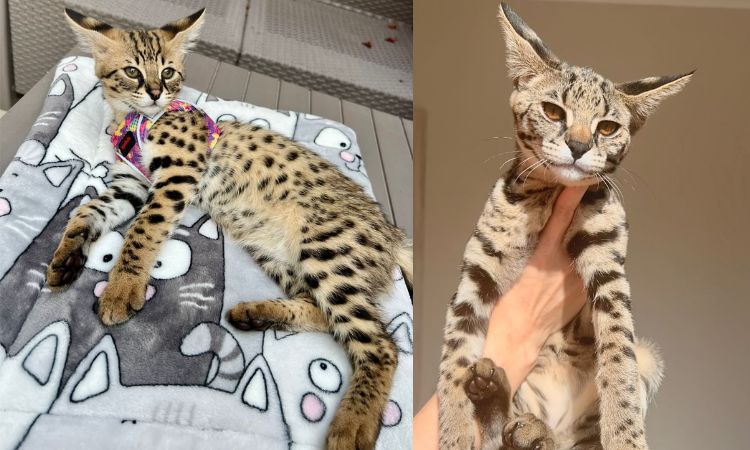
1. Legality of Ownership
Savannah cats are hybrid animals, and their partial wild heritage subjects them to complex regulations that vary by location.
1. State, County, and City Regulations
- F1 and F2 Savannah cats, which contain the highest percentages of serval ancestry, are restricted or prohibited in many U.S. states, counties, and municipalities.
- Local ordinances may specify age restrictions, enclosure requirements, or ownership limitations based on the cat’s generation.
- Ignorance of these regulations can result in fines, forced relinquishment, or legal penalties, making researching jurisdiction-specific laws essential before purchase.
2. Permitting Requirements
- Certain regions mandate special licenses or permits for hybrid cat ownership.
- These permits may require proof of vaccinations, spay/neuter documentation, secure containment measures, and registration with appropriate animal control agencies.
- Compliance ensures both legal ownership and the safety of the community and the cat.
2. Safety and Health Considerations
Savannah cats are highly intelligent, energetic, and instinct-driven, demanding careful planning to prevent accidents or stress-related behaviors.
1. High-Energy and Intelligence
- These cats require daily physical and mental stimulation to remain healthy and content.
- Recommended enrichment includes:
- Catios or secure outdoor enclosures for safe exploration
- Climbing towers, cat wheels, and shelving systems to encourage jumping and climbing
- Puzzle feeders and interactive toys that challenge problem-solving skills
- Insufficient stimulation may lead to destructive behavior such as furniture scratching, climbing on unsafe surfaces, or over-enthusiastic play.
2. Socialization
- Early and consistent exposure to humans, other cats, and dogs is critical, particularly for higher-generation Savannahs (F1–F2).
- Gradual introductions reduce fearfulness, improve adaptability, and foster a confident, friendly demeanor.
3. Compatibility with Other Pets
- Well-socialized dogs and cats generally coexist peacefully with Savannahs.
- Small animals such as birds, rodents, and fish are at risk due to the Savannah’s strong predatory instincts, so they should never be left unsupervised with these cats.
4. Health Screening
- Potential owners should prioritize breeders who conduct genetic testing to minimize the risk of inherited conditions.
- Common issues include:
- Pyruvate Kinase Deficiency (PKD): affects red blood cell production and can cause anemia
- Progressive Retinal Atrophy (PRA): leads to gradual vision loss and potential blindness
- Access to veterinary records, health clearances, and parent testing helps ensure long-term health and reduces unexpected medical expenses.
3. Finding a Responsible and Reputable Breeder
Securing a healthy, legally compliant Savannah cat starts with choosing a trustworthy breeder.
- TICA Registration
- Confirm the breeder is registered with The International Cat Association (TICA), which sets breed standards and ensures ethical breeding practices.
- Health and Genetic Testing Practices
- Ask for documentation of parental testing for hereditary conditions and evidence of regular veterinary care.
- Reputable breeders will provide transparent records and explain testing protocols.
- Facility and Parent Visits
- Whenever possible, visit the breeding facility to assess cleanliness, enrichment, and overall animal welfare.
- Meeting the kitten’s parents can provide insights into temperament, size, and potential behavior patterns.
- Contract and Guarantee Terms
- Review agreements carefully, including health guarantees, spay/neuter requirements, and return policies.
- Clear, written contracts protect both the buyer and the kitten, ensuring accountability and legal compliance.
Before purchasing a Savannah cat, carefully review the legal landscape, address safety and health requirements, and select a responsible breeder. Understanding these factors ensures a safe, healthy, and fulfilling experience with one of the most extraordinary domestic cat breeds.


